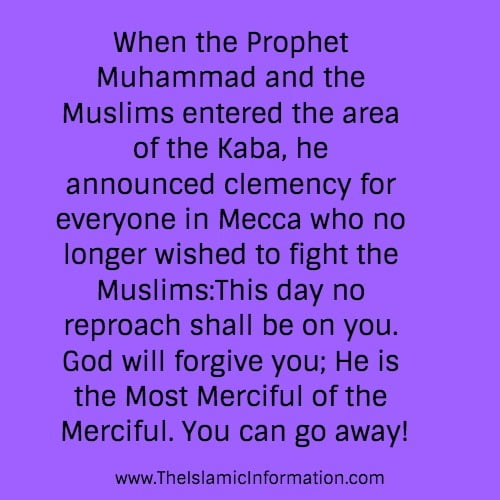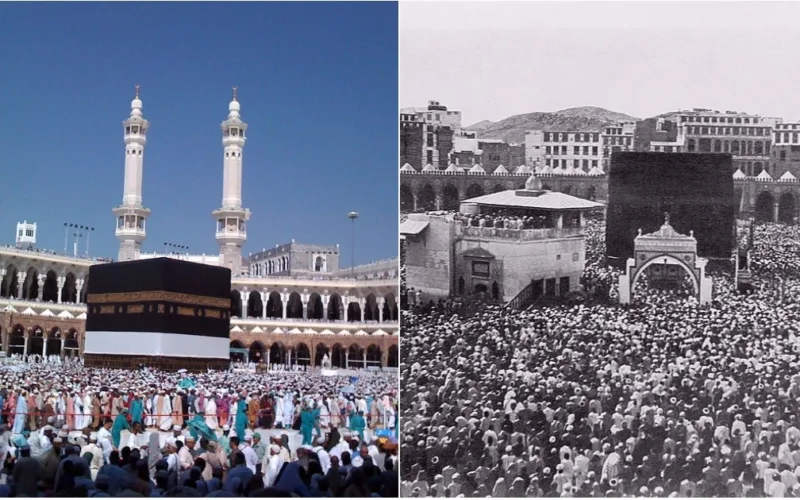Conquest Of Makkah (also known as Fatah Makkah) is one of the greatest events that took place during the holy month of Ramadan. This is a great show of courage and bravery.
The early history of Islam is vital for Muslims even to the present day. In particular, the Prophet Muhammad’s life is thought to be a case for all adherents. Various occasions represent the Prophet Muhammad’s battles and his character.
These occasions have assumed a characterizing part in the arrangement of the confidence and the Muslim people group. In prior posts, I have expounded on a few critical occasions including the Night of Power, the hijra (displacement from Mecca to Medina), the Battle of Badr, and the Farewell Sermon.
In this post, the emphasis will be on the Conquest Of Makkah, when the Muslims took control of the city after being far from it for a long time.
Before the conquest of Mecca, a few occasions occurred. In 628 C.E., the Prophet Muhammad set out with around 1400 Muslims from Medina to perform Umrah, the minor journey. When they reached the edges of Mecca, the Prophet sent an emissary to the Meccans, illuminating them that the Muslims were not coming to battle but rather coming to play out a custom. The Muslims were not allowed to play out the journey that year, but rather an understanding was reached between the Muslims and Quraysh.
This understanding was known as the Treaty of Hudaybiyah. As indicated by the arrangement, the Muslims would put off their journey until the following year. At the point when the Muslims returned from the trip, the Meccans would clear the city so that the Muslims could play out the custom gently.
Likewise, all the Arab tribes would align themselves with the Meccans or the Muslims and shield the particular side should there be an assault. At long last, the arrangement illustrated an arrangement for a long time of peace between the two sides, keeping any gore.
Both sides clung to the bargain at first. Then, after two years, there was an infringement of the understanding. One of the tribes aligned with the Meccans assaulted and executed a few individuals from a tribe aligned with the Muslims. This episode disintegrated the settlement.
At this point, the Muslims had turned into an imposing power; thus, in 630 C.E., the Prophet Muhammad chose to take a multitude of 10,000 towards Mecca. Once the Muslims had achieved Mecca, the pioneers of Quraysh surrendered. Subsequently, the Prophet Muhammad declared:

Abu Sufyan was a pioneer of Quraysh and one of the vigorous adversaries of the Prophet Muhammad. The Meccans were anxious about the looming victory of their city because the Arabs had lived by the law of striking back, and there was a dread that Muslims would deliver retribution for the mistreatment of the Muslims and the misfortunes in resulting fights.

Vast numbers of the Meccans, who were expecting some discipline, were shocked by the Prophet’s announcement, and some chose to wind up noticeably Muslim. In this manner, the Conquest Of Makkah was bloodless and finished years of fighting and brutality between Quraysh and the Muslims.
This occasion is noteworthy for Muslims since it exhibits the character of the Prophet Muhammad. He could have claimed exact retribution, as per the customs of the Arabs; however, instead, he demonstrated benevolence on the Meccans.
This is an imperative update for Muslims even today about how struggle ought to be tended to. At long last, the success was a pivotal turning point since it built up Islam on the Arabian Peninsula; it spread to end up noticeably a noteworthy world religion.


 WhatsApp Channel
WhatsApp Channel
 Instagram
Instagram
 Facebook
Facebook
 X (Twitter)
X (Twitter)
 Google News
Google News
Very nice alhamdulillah
mashallah